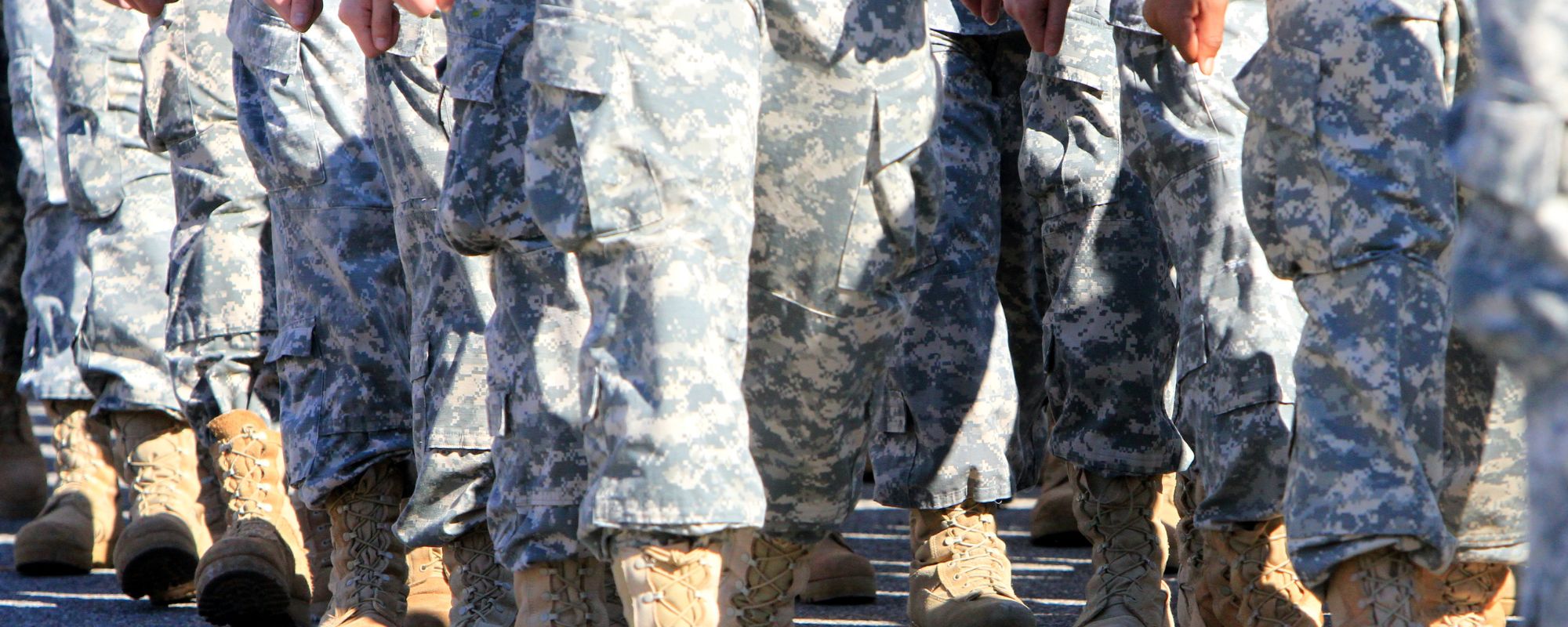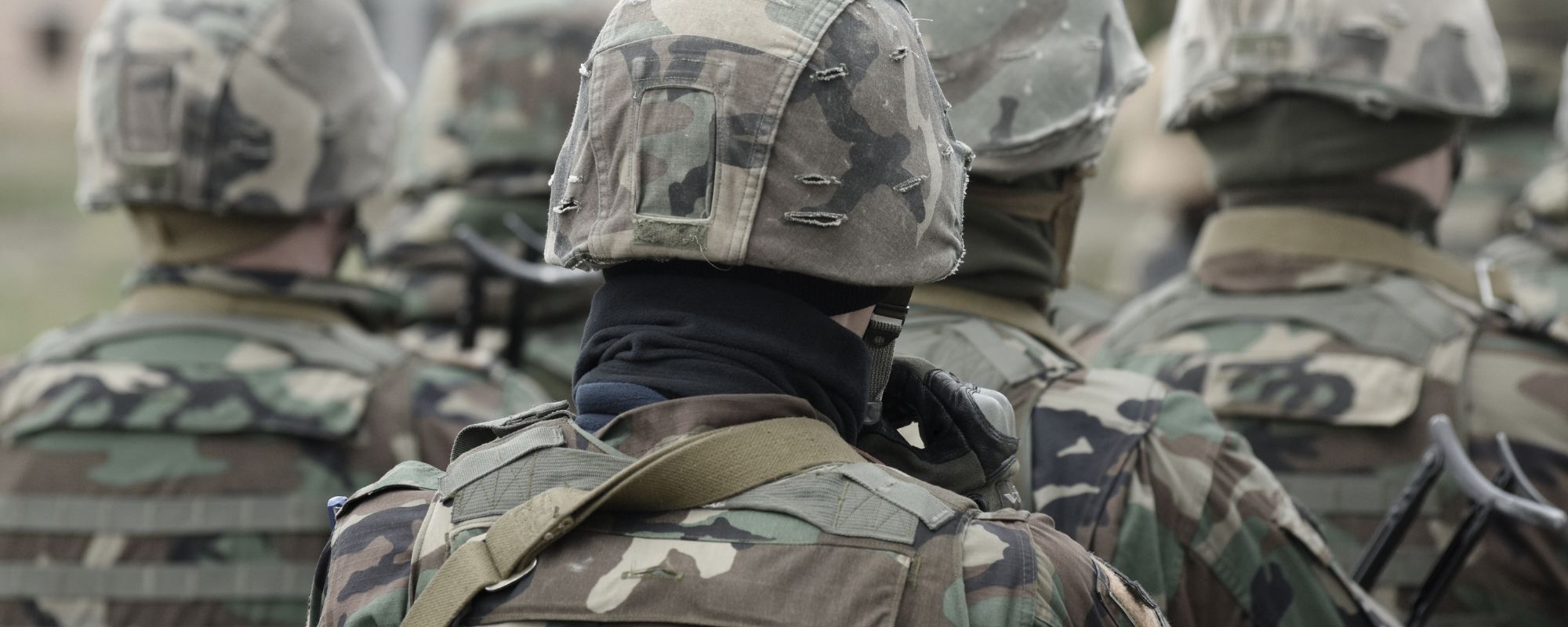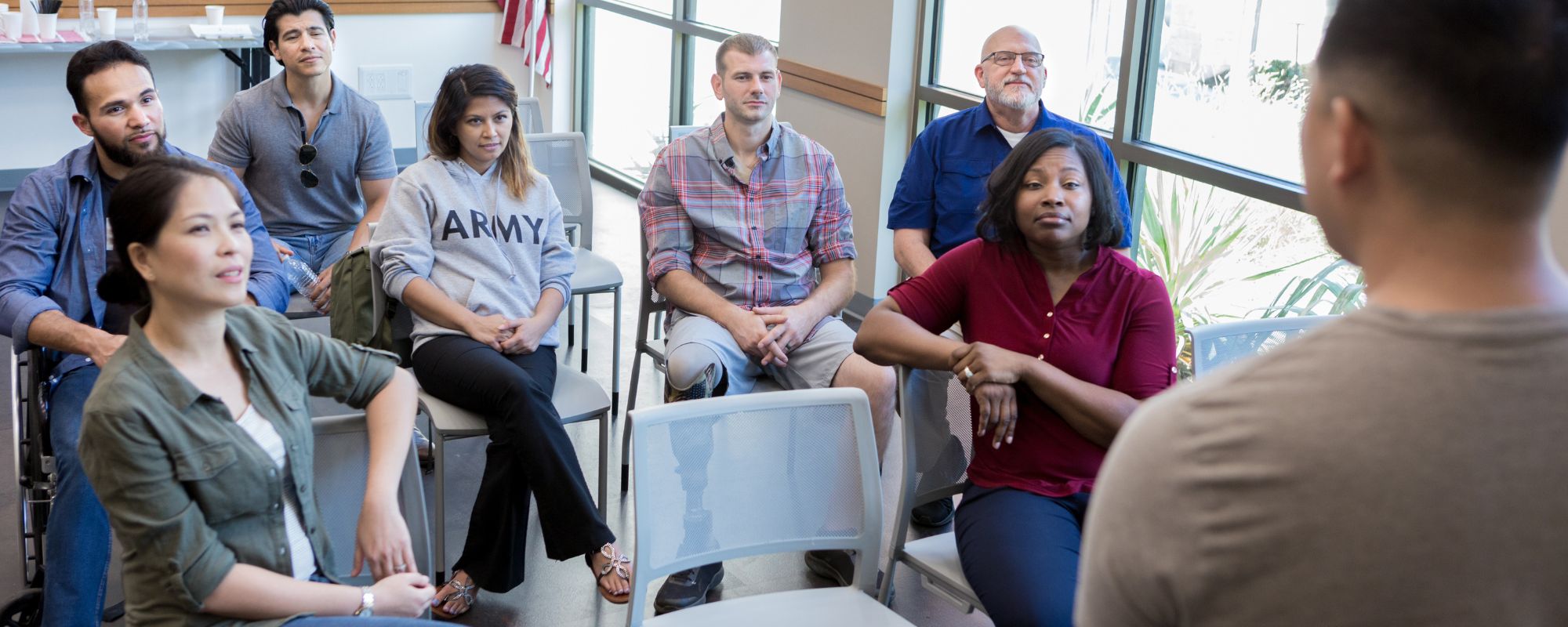PTSD flashbacks are a hallmark symptom of post-traumatic stress disorder (PTSD), but they can be difficult to recognize from an outside perspective. It’s not always obvious what someone is experiencing internally or whether they are okay. Here’s a look at what a PTSD flashback might look like to an observer.
Understanding What a PTSD Flashback Looks Like
People with PTSD often experience the world differently due to their symptoms. Flashbacks are sudden, intense, and involuntary re-experiences of a traumatic event. These episodes can occur unexpectedly and may be triggered by various stimuli such as places, people, sounds, smells, or even emotions. From the outside, a flashback may appear as if the person is zoning out or disconnected. If frightened, they might display agitation, anxiety, fear, or withdrawal. After the flashback, they may become hypervigilant—extremely alert—or feel the need to escape the situation. Trauma therapy can help.
Signs and Symptoms During a PTSD Flashback
There are many ways that PTSD can manifest itself. When someone is having a flashback, they may experience physical and emotional symptoms like:
- Intrusive memories or vivid images
- Chest tightness or pain
- Difficulty breathing
- Overwhelming terror
- Shaking or trembling
- Excessive sweating
- Rapid heartbeat
Behavioral Signs of a Trauma Flashback
In addition to physical symptoms, behavioral changes can include:
- Heightened anxiety or paranoia
- Feelings of guilt or shame
- Low self-esteem
- Restlessness or agitation
- Mood swings
- A strong desire to isolate
- Symptoms of depression
Get confidential help from our addiction and mental health treatment facilities located across the United States. Call to join one of our quality programs today!
Speak With Our Admissions Team
Why Do Trauma Flashbacks Occur?
PTSD develops after a person experiences traumatic events from which they felt powerless to escape. Flashbacks happen because the brain struggles to fully process and make sense of these traumatic memories. As a result, the individual involuntarily relives parts of the event repeatedly, often triggered by reminders in their environment.
Common Triggers for PTSD Flashbacks
Triggers vary widely between individuals but often include:
- Loud or sudden noises
- Memories or reminders
- Certain smells
- Familiar or similar-looking places
- Crowds or social situations
- People who resemble someone from the trauma
- Media such as movies, TV, books, or podcasts
- Strong emotions
- Significant dates or anniversaries
- Physical sensations
How to Support Someone Experiencing a PTSD Flashback
If you witness someone having a flashback, helping them reconnect to the present moment can be very effective. Grounding techniques and breathing exercises can reduce distress. For example, encourage them to name things they see, hear, or feel around them to anchor their awareness in the here and now. Understanding and identifying triggers can empower individuals to better manage and prevent flashbacks. Finding a veteran PTSD treatment can be the best thing you can do.
Looking for quality treatment for substance abuse and mental health that’s also affordable? Aliya Veterans treatment facilities accept most major insurance providers. Get a free insurance benefits check now!
Check Your Coverage
Find Veteran PTSD Treatment Near You
At Aliya Veterans, we offer specialized PTSD treatment designed for veterans and first responders. Our trauma-focused programs combine research-based traditional and alternative therapies to help individuals heal safely and effectively.
If you or a loved one is struggling with military trauma and the challenges of post-traumatic stress disorder (PTSD), seeking professional help is crucial. Understanding PTSD—including the symptoms of PTSD, such as flashbacks, intense emotions, and negative changes in thinking and mood—is the first step toward healing. Research-based treatments like cognitive behavioral therapy (CBT) and eye movement desensitization and reprocessing (EMDR)offer effective strategies for coping with traumatic stress and managing flashbacks.
Many individuals with PTSD also face challenges such as alcohol misuse, anxiety disorder, and depression, which make professional mental health treatment essential. At Aliya Veterans, our comprehensive behavioral health and intensive outpatient programs provide tailored care delivered by experienced mental health professionals and healthcare professionals who understand complex PTSD and its effects.
Don’t wait to address these common symptoms and improve your quality of life. Early intervention with therapies like deep breathing exercises, behavioral therapy, and personalized treatment plans can help reduce physical reactions and emotional distress.
Contact us today to connect with a veterans affairs-approved health program specializing in disorder treatment for PTSD and addiction treatment. Take the first step toward recovery with compassionate, expert care designed specifically for those who have served. Your journey to healing starts here.
Why Choose Aliya Veterans for PTSD Rehab?
Our PTSD treatment helps guests explore the roots of their trauma in a safe, supportive environment. Through trauma-informed psychotherapy, individuals unpack unresolved experiences and begin the healing process. We also work closely with each person to develop personalized care plans for managing triggers—so they never feel alone or helpless during flashbacks. We’re here to support you and your loved ones on the journey to recovery.

David Szarka, MA, LCADC Medical Reviewer
David Szarka, MA, LCADC, reviews and approves our blog content. With extensive experience providing clinical care for those recovering from mental health challenges, David ensures our content is accurate, insightful, and rooted in holistic care.
- Pill Mills: What Veterans Need to Know About a Dangerous Practice - January 28, 2026
- Trauma and Addiction: Understanding the Connection and Paths to Healing - January 27, 2026
- Rehab Centers for Veterans: Healing from PTSD and Addiction - January 26, 2026













